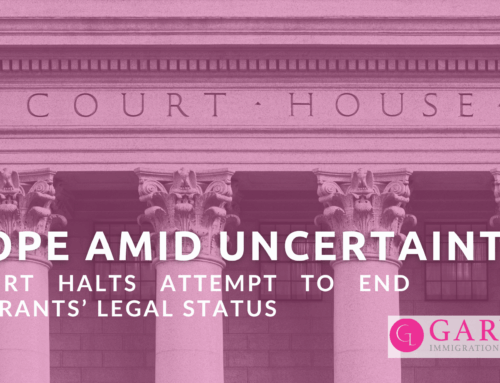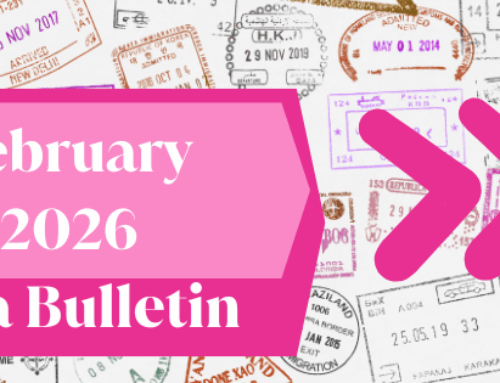On August 27, 2025, the Trump Administration unveiled a proposed rule that would significantly change how long international students, scholars, physicians, and certain exchange visitors can remain in the United States.
Currently, most F-1 students and J-1 exchange visitors are admitted for the “duration of status,” meaning they can remain in the country for as long as they are enrolled in their program or engaged in their training. This flexible system has been in place for nearly five decades and has allowed students and institutions to focus on education and research without repeated government filings.
The new proposal would eliminate that framework and instead impose fixed admission periods:
- Students and exchange visitors would be granted admission only for the length of their program, capped at four years.
- Extensions beyond the initial period would require a formal application with U.S. Citizenship and Immigration Services (USCIS), adding cost, paperwork, and wait times.
- International journalists would face even shorter admission periods, up to 240 days at a time, with only one possible extension.
The administration says the change is designed to prevent visa “abuse” and ensure regular government review of those in student and exchange categories.
Why the Rule Matters
International students and professionals are vital contributors to U.S. universities, hospitals, and communities. They bring diverse perspectives to classrooms, advance groundbreaking research, and fill urgent gaps in the healthcare system.
This proposal could create challenges such as:
- Added uncertainty: Students may need to interrupt their studies to file for extensions.
- Delays and backlogs: USCIS is already strained; requiring thousands of new applications could make the system slower for everyone.
- Reduced competitiveness: Other countries with more stable visa policies may become more attractive destinations for top global talent.
- Impact on healthcare: Physicians in training, especially those serving in underserved communities, could face interruptions in medical residencies and fellowships.
Our Perspective
This proposal was first introduced in 2020 but withdrawn the following year. Its revival in 2025 signals a renewed push toward restrictive immigration policies. The framing of students and scholars as a “burden” overlooks their proven record of compliance and the immense benefits they bring to the United States.
What to Do Now
- No immediate change. The rule is only proposed and must go through the federal rulemaking process. Nothing changes today.
- Monitor developments. We will track this closely and provide updates as the proposal moves forward.
- Prepare for possibilities. If finalized, the rule would require students and exchange visitors to file for extensions more frequently. Planning ahead will be essential.
This proposal reflects a larger debate in U.S. immigration policy, whether to treat foreign nationals as assets or as risks. Framing international students as “forever students” ignores the reality that most are high-achieving, law-abiding individuals who leave a lasting positive impact on our country.
As immigration lawyers, we know that behind every F-1 or J-1 visa is a person with ambition, talent, and dreams. Policies that make the United States less welcoming don’t just affect those individuals, they affect our communities, our universities, our healthcare system, and our global standing.
At Garvish Immigration Law Group, our message is simple: we stand with students, physicians, professors, and scholars who want to learn, grow, and contribute. Your presence strengthens America, and we will continue to advocate for your future here.
About the Author
Elizabeth Garvish
Elizabeth L.A. Garvish founded Garvish Immigration Law Group, LLC in 2011 after practicing immigration law in small boutique firms, big law and nonprofits. Elizabeth is a frequent speaker and presenter on entrepreneurship and U.S. immigration topics around the world. She is an active member of the American Immigration Lawyers Association (AILA) and serves on various national committees and is the Past Chair of the Georgia-Alabama Chapter of AILA. Elizabeth is also a certified member of the EO Global Speakers Academy.




